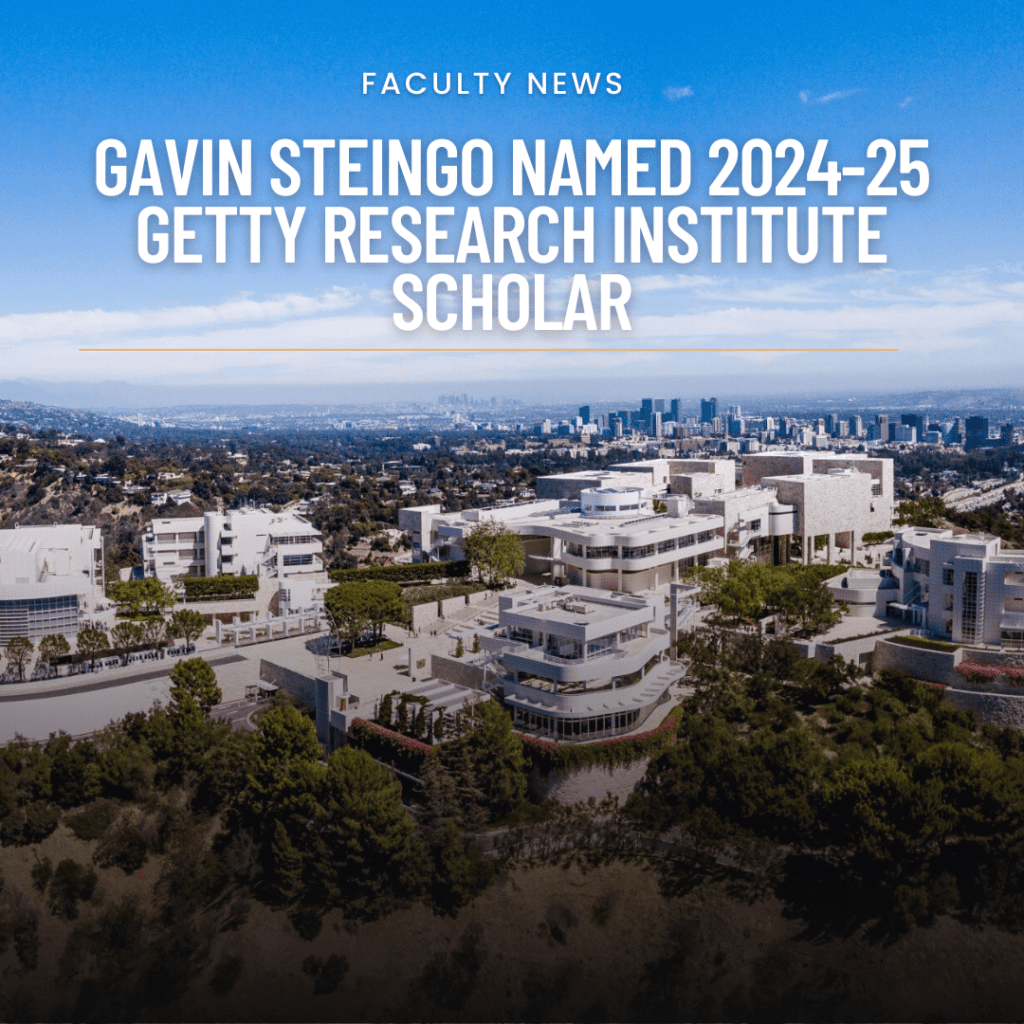The Department of Music offers students a variety of ways to interact with, make, and experience music.
- Graduate students can earn a Ph.D. in composition or musicology.
- Undergraduate students can pursue a variety of music degrees:
- Major, focusing on studying and writing about music and/or composing music.
- Earn a Minor in Music in a program that invites students to explore composition, electronic music, musicology, theory, sound studies, jazz studies, and more.
- Earn a Minor in Music Performance studying vocal and instrumental music (both jazz and classical) or conducting in the context of a liberal arts education.
- Regardless of pursuing a degree in music, students are invited to take courses with world-renowned composers and musicologists, take jazz or classical instrumental or voice lessons in the private studios of top professionals, and audition to perform as part of one of our faculty-led ensembles in jazz, choral music, African music, musical theater, orchestra, and more.
- Through Trenton Arts at Princeton, students can also volunteer with the Trenton Youth Orchestra or Trenton Youth Singers, through which Trenton young musicians receive free coaching and private instruction from Princeton student musicians.
Community members can attend numerous concerts throughout the academic year. In addition to a wide array of student performances and presentations, world-renowned artists appear on the Princeton University Concerts series; leading performers of contemporary music showcase compositions by faculty and graduate composers through the Princeton Sound Kitchen; Sō Percussion, the Edward T. Cone Artists-in-Residence, perform and engage with the community.
The Music Department thrives in part due to its emphasis on collaboration. This manifests not only within the department (graduate composers composing for the undergraduate orchestra, graduate musicologists making a performance edition for an undergraduate opera production), but also across the whole university and outside organizations and partners.
The Department of Music is a dynamic community of students, faculty, and renowned artists coming together to make music and, in the process, expand the definition of music and support the well-being and camaraderie of the Princeton student body. We welcome you to join us in our audiences, classrooms, and more.


